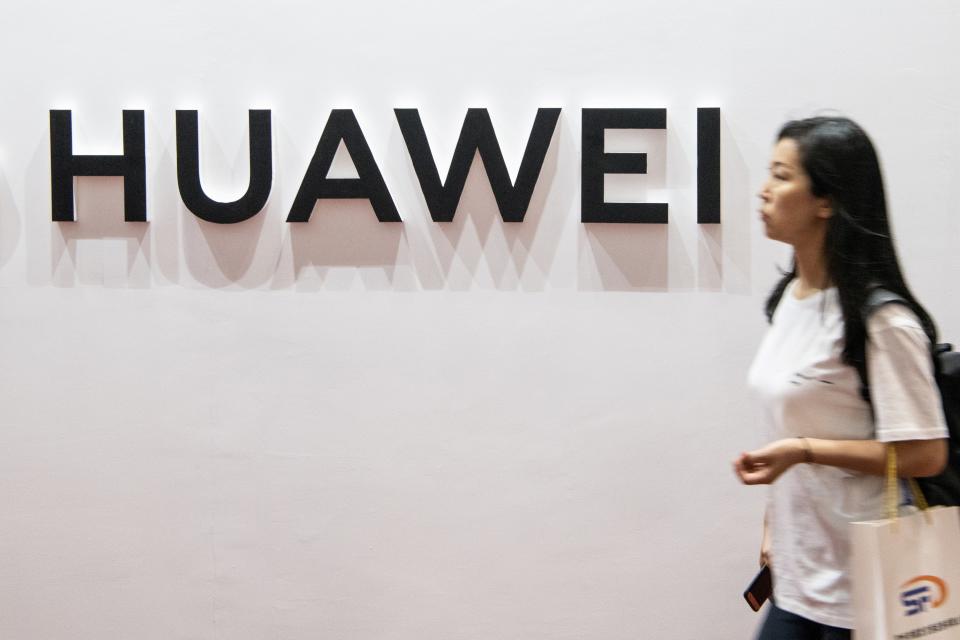Citigroup and BNP dragged into case against Huawei CFO

Banks Citigroup (C) and BNP Paribas (BNP.PA) have been dragged into the criminal case against Huawei, which has become emblematic of the tensions between the US and China.
Reuters reported on Wednesday that the two global banks have been named in newly released documents that form part of the case against Huawei CFO Meng Wanzhou, who is the daughter of the telecoms giant’s founder.
BNP Paribas and Citi both had banking relationships with Huawei and are dubbed “victims” in the case. Prosecutors allege Meng and Huawei misled the banks about the true nature of certain transaction and Meng is accused of bank and wire fraud, violating sanctions against Iran, and obstructing justice.
Citi and BNP were named at a hearing on Tuesday in Canada, where Meng is fighting extradition to the US on the charges.
BNP Paribas and Citi both declined to comment when contacted by Yahoo Finance UK.
The two banks join HSBC and Standard Chartered, who have already been named as victims in the case.
The public involvement of all four banks creates a thorny political problem for executives, who must now navigate a tense geopolitical situation.
Meng’s arrest in December was widely seen as part of a broader trade spat between the US and China. US Secretary of State Mike Pompeo labelled Huawei a “national security” threat on Tuesday, underlining the company’s role as a figurehead in US-China relations.
As tensions between the two superpowers simmer, the banks involved in the case must be careful not to anger the governments of either nation and potentially risk business.
The Financial Times reported earlier this year that HSBC was lobbying Chinese authorities to distance itself from the case. There was speculation that the exit of CEO John Flint earlier this month may have been linked in part to souring relations with Chinese authorities.
At Tuesday’s hearing, Meng’s lawyers argued she should not be extradited to the US because she had been unlawfully detained by Canadian authorities in December.
————
Oscar Williams-Grut covers banking, fintech, and finance for Yahoo Finance UK. Follow him on Twitter at @OscarWGrut.
Read more:
Savers targeted with ads on Google for 'bonds' that put all their money at risk
Male-dominated firms do worse than diverse rivals, Morgan Stanley finds

 Yahoo Finance
Yahoo Finance 